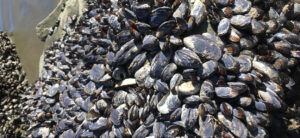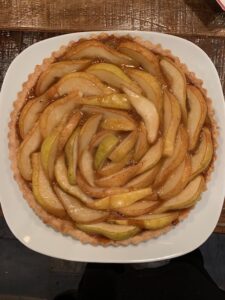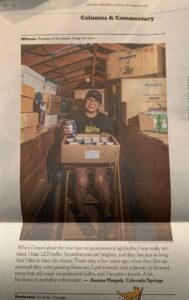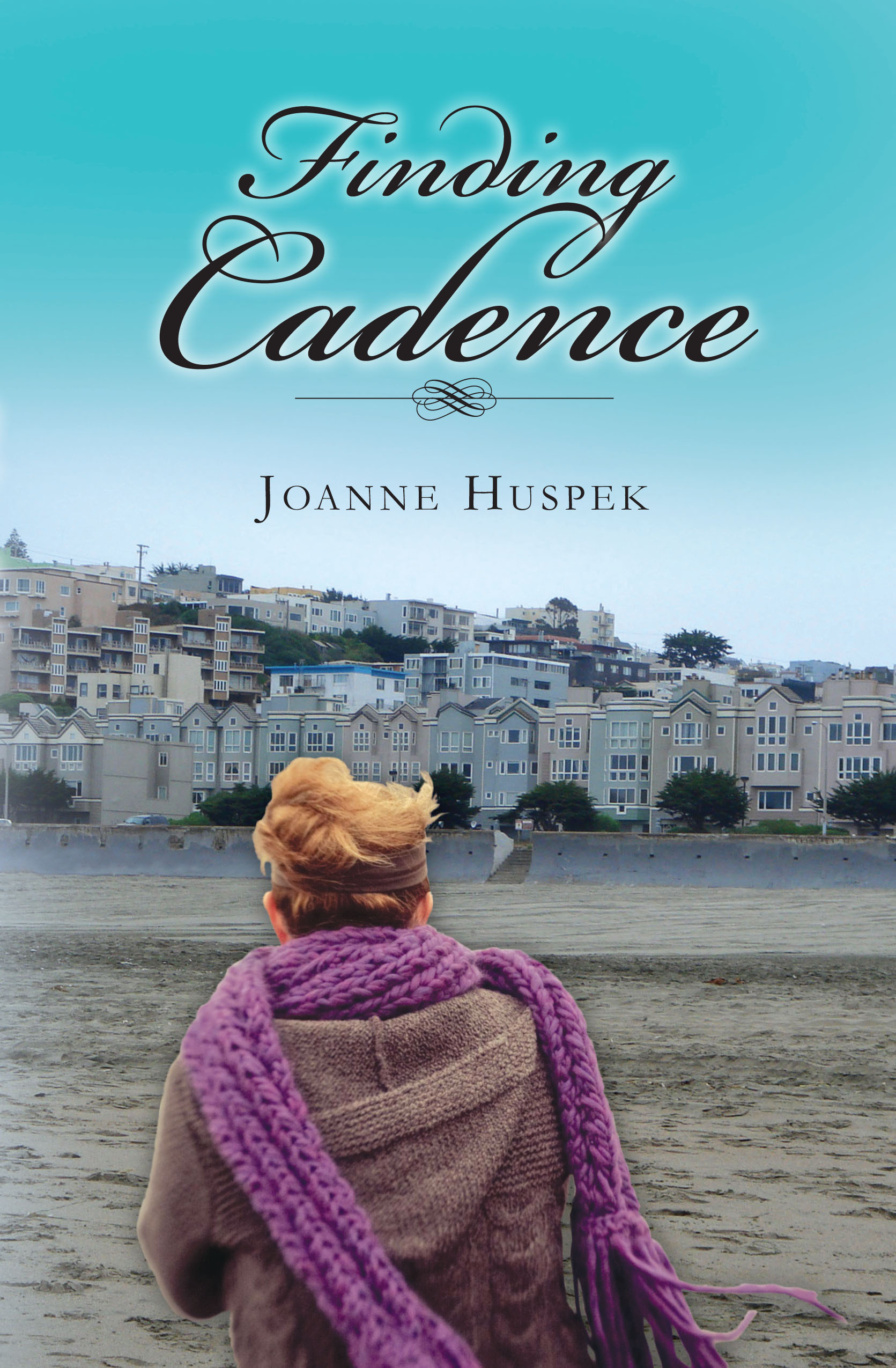We recently sold our B&B, and while it’s been a couple of months, we had a lot of residual cleaning up to do. Now, finally! I have time to write and create!
 gratuitous photo of California mussels
gratuitous photo of California mussels
After selling our B&B (long story, doesn’t matter), we had a lot of transferring of information to complete. Since I am internet challenged, this took a lot longer than I’d expected. Yes, I am old, but also YES, the way to do things online changes almost daily. This resulted in me doing a lot more research (on a subject I don’t really care about) in order to get things done.
One of my tasks was to transfer ownership of the web site and the social media accounts. The web site transfer was a can of corn. So easy. I actually had people to talk to when I ran into trouble! I wasn’t left dangling in the wind! I loved it.
However, the transfer of social media was cumbersome. In fact, it was impossible. Having transferred in the two accounts on Instagram and Facebook just four-plus years earlier, I recalled the process as being tough, but not impossible. Plus about ten years ago, I closed my Boston terrier’s Facebook account two years after she crossed the rainbow bridge. It took about a month (Facebook asking for a death certificate – good God) but someone actually emailed me (asking for the death certificate), and after I insisted that Princess Grace Huspek was indeed canine, they deleted her account.
There’s no simplicity in the process any more.
It IS impossible.
After five weeks of trying, which included watching lots of meaningless YouTube videos, reading forums, and emailing “supposed” customer service, I figured out the only way to offload these two accounts was to off myself. Yup. Delete my accounts and all my pages completely.
First, I thought I might snag all my photographs from Instagram. WRONG! Once you post a photo on Insta, it belongs to them. Sure, you can download your information, but it looks like gobbledygook. Then I thought I might download my information from Facebook. Not so fast, little girl! They don’t want you to have that information either! Plus, if you ask for a general download, it only does from 2016 to present. Then you must ask for a download from 2008 (when I first joined) to 2015.
Screw it, I thought. I’m just going to zap my social existence out of the interwebs. Which is what I did.
Of course, both platforms want you to change your mind, so they give you a 30-day grace period. Not doing it, Zuckerboy.
In slowly weaning myself from “social” media (it should be called antisocial media for the obvious reason), I realized one thing: I don’t miss it. I knew I wasn’t going to miss the outright hatred and lies, from those I both knew and didn’t know at all. Social media is like dealing with an alcoholic parent. You want the love but you don’t want the toxic but yet you crave the love. It’s the election season and the lies and half truths are flying like cows in a tornado. I get a headache from too much of it (like 15 minutes worth).
I thought I would at least miss those people who were friends and who I regularly communicated with. But it’s been a few days now, and I don’t feel the hollow that I thought I would. Besides, the people who want to keep in touch with me have my phone number.
I started my withdrawal a few months ago, slowly, of course. I stopped carrying my phone on walks. (No hotel, don’t need it.) I started looking at my neighbors yards, I started to greet them, I started smelling the lilacs and roses and cut grass and whatever else I happened upon. I liked the sun on my face and arms. I got caught in a rainstorm and didn’t mind getting totally soaked. Hmm…I started returning to my previously grounded and human self.
Then I made a couple of friends. Hmm…ones I could smile at and laugh with and actually hold a conversation with, unlike the virtual world.
This re-grounding to the “Real World” coincided with some disturbing articles I’d read about the Internet and the artificial world. I’m totally anti AI, especially in the creative world, in writing, art, photography, music, etc. Creation of art is a completely human endeavor. It’s not meant to be easy; it’s meant to be a roller coaster ride of highs and lows. I believe you can’t achieve anything worthwhile without the learning experience, and the learning experience is a process of trial and error. Many trials, many errors.
It was especially galling for me to see photo posts on Facebook claiming to be actual places or animals or people, when to me you could tell these were AI. And then you can search online for a photo for a certain park or waterfall and see that the pictures weren’t even close. Or you would read something that sounded like a human might have written it, but was stilted and clumsy.
I know. People say it’s the “wave of the future.” That doesn’t make it better. It doesn’t make it real.
Anyway, I now have time to devote to editing. And I am, albeit slowly. Right now it’s the end of summer, and I’ve been busy canning and dehydrating what’s come out of my garden (not as much as last year). I’m fending off my pears from critters. I’ve been tying up loose ends all over the place. But I plan on posting at least once a week on this blog, to keep you abreast of what’s going on in my writing and human journey.
Oh…you can still find me on LinkedIn, Truth, and X. But I don’t hang out there.
Writing
On editing my current WIP, I decided to change almost all the names. This might seem easy with the Find-Replace function on Word, but it’s been seven years since I wrote the first draft, and I was used to those original names. I’ve also started a notebook (handwritten) complied from all the notes I wrote in three notebooks, so the information will be handy. I think the exercise of re-writing by hand is a good one. I tend to forget a LOT of what I’ve written. This will wake me up. And I’ve also taken copious notes on character developments, so I have to figure a way to weave those into the story line.
Estimated date of completion? Who knows. The sooner the better. I have seven more manuscripts to edit.
More to come…a lot more to come…
Like this:
Like Loading...
 Gratuitous pear tart photo. Mmm, that was delish!
Gratuitous pear tart photo. Mmm, that was delish!










